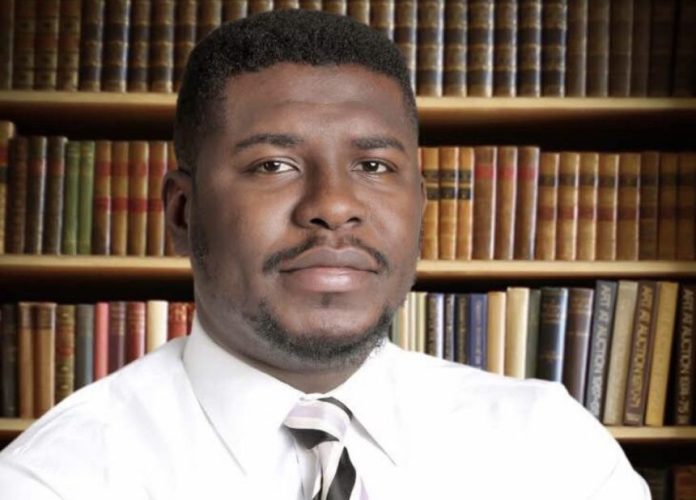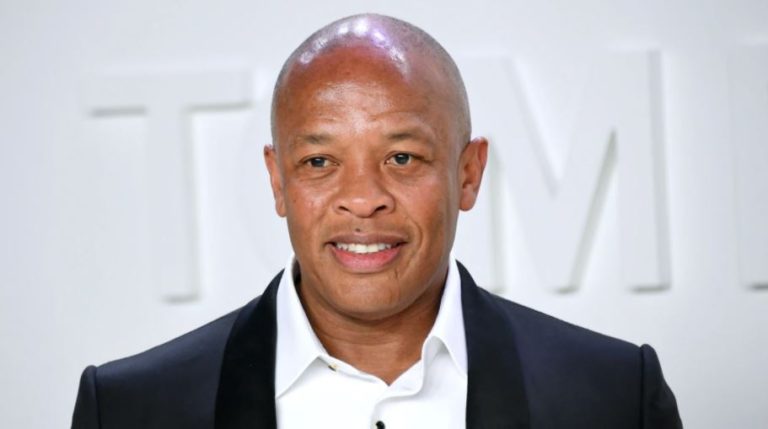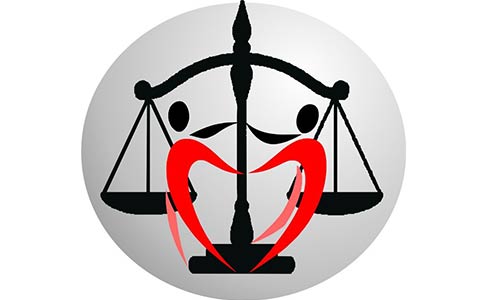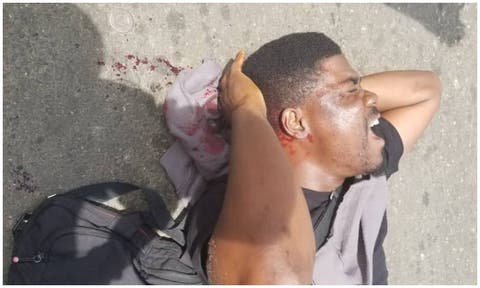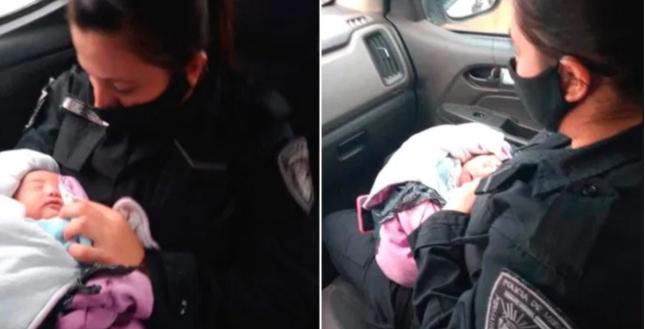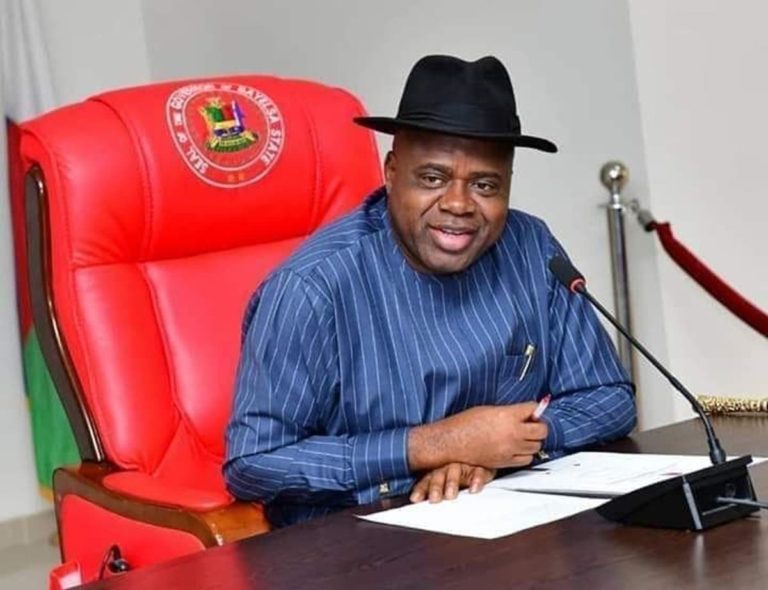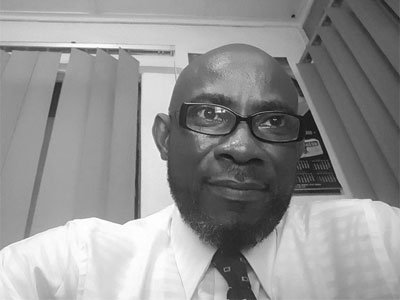It was only when his numbers hit below his projected benchmark that it dawned on him he had failed — yes — failed below his expectations so much so that he didn’t know when tears trickled down his chin to the befuddlement of his peers. From their countenances, there was doubt they’d all become convinced the figures on his scripts were too shocking to utter. An adult crying in a class full of 2,515 intending lawyers was sure something he’d never thought would become of him at such time.
But the story would’ve been told differently if only he knew the success that moment is to herald. From an embarrassed young man who became the cynosure of all eyes in an unexpected outburst, Olalere Yusuf, a first-class graduate of the Nigerian Law School, would later win plaques too many to bear in his arms as the resounding applause reverberated through the event hall.
“I was mad at myself not because I failed at the time but because I didn’t pay attention to minute details. For this, I cried publicly and felt so terrible that day,” the lawyer told TheCable Lifestyle.
“My experience growing up can best be explained based on how I bonded so much with mum. She has been a mentor. Right from childhood, she believes much in my capabilities and ensured my growth over the years. I wasn’t so close to my dad though. He had higher standards set for me.”
Yusuf Olalere is from a Lagos-based family of four. The intellectuals value and desire academic excellence regardless of what it costs despite being middle-income earners and traders.
Olalere’s academic journey—a trip of twists and turns
“Academically, I have always been an A person from childhood but at some points in secondary school, it seemed my academic performance dropped,” he said.
Olalere said the reason could be largely attributed to the fact that he went to a public secondary which paid little or no attention to the academics of students. He applied to the University of Ibadan to study law but was two points below the cut-off mark and was admitted to History instead. This was even as he had wanted English or Philosophy as an alternative.
“I felt bad but I accepted that it was God’s decision for me. I am always confused initially when some things happen but God is the prime factor and God always orders my steps,” he said.
After this incident, he buckled up and bounced back into being the ‘A person’ he had been and the hard work was rewarded when he became a first-class student of the Department of History, University of Ibadan. “I was motivated to continue on the journey of being a top student,” Olalere said. At the University of Ibadan, a student may be allowed to cross to another department or faculty after the first session admission albeit with stiff conditions to be met. First, the department you gained admission into must be willing to release you, and the other department or faculty to which you wish to cross must be ready to accept you if there are still slots left to be filled.
Second, you must meet the set cumulative grade point average (CGPA) of the faculty you want to cross to as well as meeting requirements in the subject combination. Once this is ascertained, a student can then proceed to obtain a change of course form from the administrative data processing unit (ADPU).
This is what Olalere had in mind when he intended to cross from the department of History to Law, having been assured that he had met the CGPA of law and there were spaces yet to be filled. However, there was a mistake in the computation of his first session result. His 100 level result of 6.2 CGPA which made him a first-class student was erroneously written as 5.0 CGPA thus joining the bulk of students in the second class (upper) category.
“This was a blessing in disguise in the long run because maybe if my result had been accurately calculated, it would have been apparent to the Department of History that I was the best student in the class and that might have affected my chance of crossing to Law because they would not be willing to release their best student,” Olalare said.
Also, as of the time he wanted to cross, his alternatives, English and Philosophy, were not allowing their students to cross and it was only “through the grace of God” that the department signed his change of course form. Now in the faculty of Law, he knew he had to work harder because of the competition. The hard work eventually paid off when he finally graduated as the overall best graduating male student of the faculty of Law, University of Ibadan.
“The same hard work laced with the grace of God was rewarded by the Nigerian Law School when I graduated as the Overall Best Graduating Student of the Nigerian Law school for the 2019/2020 academic session,” he said.
‘Each moment, my mum was a phone call away’
Olalere pinned his success to the God factor, the encouragement from his parents, especially his mum, hard work, and selective friends of like minds. He noted that his parents greatly influenced his success story. “At every tiring moment, my mum was a phone call away. I would lament the stress associated with a course to her without any reservation but her prayers and kind words to motivate me were soothing. For my mum, it was never ‘read well’ Yusuf; it was Yusuf ‘Be calm, sleep and eat well’. She knew that for sure, I would have ticked all the required boxes,” he said.
The young lawyer also said he was intentional about being consistent with the success he had recorded while in the university, even in Law school. “Law books were like adventurous movies” to him such that difficult courses like Equity and Trusts and Jurisprudence among others became a work-over for him. “I have read in the weirdest places so much so that I hallucinated. At that point, I got scared and realised that I needed not to stress my mental state,” Olalare said.
He, however, noted that he did what he set out to do and what was required. Additionally, Olalere said, though he knows there’s an inclination towards being smart in his family, personal development and burning of midnight candles were factors that aided his success. On his mum again, he said “I doubt if there was any exam I wrote that she did not know anything. She was part of the process of my legal education right from day 1 to the Bar finals at the Nigerian Law School.”
Oladare and the successes entangled in failure
Perhaps, if Olalere had known that the road to success is not smooth and rosy, he would not have seen the mistakes he made in his tests and exams during Law School as a failure and would not have allowed it to get the greater part of him. There were times he read and could not recall what he had read and felt like giving up his Nigerian Law School first-class dream.
“There was a time that after I finished my first reading of the whole curriculum. By that time, I just finished my notes and I practically could not recall most of the principles from the first topic to the 10th topic. I felt I just wasted all the time and effort in making notes. At that point, I felt like giving up on first-class and be contended with any grade but the spirit of God gave me affirmations that with God’s grace, all things are possible. Hence, I restrategised and moved on,” he said.
“Another instance was when I practiced past questions and I got like 6 multiples choice questions wrong out of 100, a week to Bar finals. I was mad at myself not really because I failed but because I did not pay attention to some minute details. For this, I cried publicly and felt so terrible that day but with the support of my parents and other support systems, I got motivated.”
The lawyer said he was surprised to win such numerous awards at the NLS even with the mistakes that almost haunted him to the point of giving up.
…and he kept counting the plaques
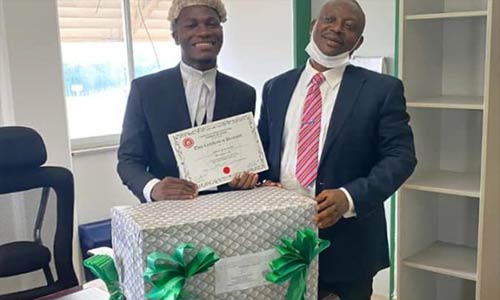
It is said that it takes roughly 10,000 hours to become good at something, or 28 days of doing the same thing over and over to create a habit. For Olalere Yusuf, he dedicated a few hours daily to reading books “over and over” such that lecture notes and textbooks became like watching movies. Hard work is what won him the many awards from both NLS and the University of Ibadan (UI).
Below are some of the awards he won at Law School
- Sir Adetokunbo Ademola G.C.O.N Award for the Overall Best Graduating Student in the Nigerian Law School
- Dr. Taslim Elias G.C.O.N. SAN Award for the Overall Best Graduating Student in the Nigerian Law School
- Justice Atanda Fatai-Williams G.C.O.N Award for the Overall Best Graduating Student
- Honourable Justice Sylvanus Ayere Award for the Most Promising Graduating Student
- Director-General of Law School Prize for attaining First Class Grade
- Sir Danley Alexander K. B. E. Award for the Overall Best Student in Property Law Practice
- Justice Olumide Shomolu, Award for the Overall Best Student in Civil Litigation
- Sir Lionel Brett K.B.E, Award for the Overall Best Student in Criminal Litigation
- Babatunde Abiodun Ibironke, SAN Award for the Overall Best Student in Criminal Litigation
- Nigerian Bar Association Award for the Overall Best Graduating Male Student
- Mallam Yusuf Alli SAN Award for the Overall Best Graduating Male Student
- Council of Legal Education Star Prize for the Overall Best Student
- Group 4 Mentor’s Prize for the Overall Best Graduating Student
It started at the University of Ibadan
- Vice-Chancellor prize for First Class Students
- The prize for Overall Best Graduating Male Student of the Faculty of Law
- Folake Solanke SAN Prize for Overall Best Student in Constitutional Law
- The Senate of the University of Ibadan Prize for Overall Best Student in the Department of Public Law
- 2nd Overall Best Student in the Faculty of Law, University of Ibadan
Yet, Olalere said his goal is to become a professor of law and a senior advocate of Nigeria (SAN).
“I chose law because that’s where my passion lies. Although I think substantially, my passion was influenced by the distant appreciation of my late aunt, Jejelola Olalere who was a lawyer then. I admired the way she spoke and carried herself,” Olalare further recounted.
Yusuf has a special interest in corporate law, antitrust law, real estate, and property law, the technicalities of which make people run from them. “Learning more about the technicalities inherent in them and handling transactions in any of them gives me a special feeling,” he said. Other areas of the law he admits he has an interest in are international investment law, international trade law and international corporate law which was largely influenced by his experience and exposure to cross-border trade from childhood under his parents’ trade.
On how he intends to carve a niche for himself without getting involved in shady dealings associated with his choice of the broad area of business law, he said: “My upbringing has modeled me to be a virtuous man. While we may be middle-income earners in my family, the good name we have built over the years stands us out.” To him, the integrity associated with their name comes first. “Thus, within the scope of the rules of professional conduct for lawyers, workplace ethics, and personal discipline, I will practice law without being compromised and I will stand out and be respected,” he added.
Nigerian Law School in retrospect… ‘you may see people running mad’
Olalere never dismissed the fear among law students about the NLS based on the report of those who had passed through the system. It was later he got to know why even brilliant students seem to dread the school. The first factor being the bulky nature of the curriculum.
“We have like 20 topics and several sub-topics in a course and there are five courses in total. That means we have like 100 topics. Apart from the bulky curriculum, there are other activities you are expected to participate in during your 9-month stay in the Law School. There are mock trials, pre-class group meetings, and internships. Also, the Bar Final exams are written within a week straight. So, you may see people fainting, and running mad. After all these, there was the grading system that you would be graded on your lowest grade,” he said while recounting his experience.
Olalere said there were also extra-curricular activities and socials like cocktail parties that he also participated in and was eventually glad because questions related to those activities were asked in the examination. He said he was intimidated by the brilliance of other students in law initially but soon realised that he ought to get close, build a relationship, and learn rather than be intimidated.
Who does not like a good thing?
Olalere Yusuf’s exceptional brilliance and intelligence have attracted both male and female, young and old. He said he welcomes them warmly when they approach him. “We’ve had meaningful conversations. Some require just mentorship while others are willing to invest in your future. So through these, the intent is deciphered and our subsequent interactions will be along these lines,” he concluded.
Culled from TheCable


